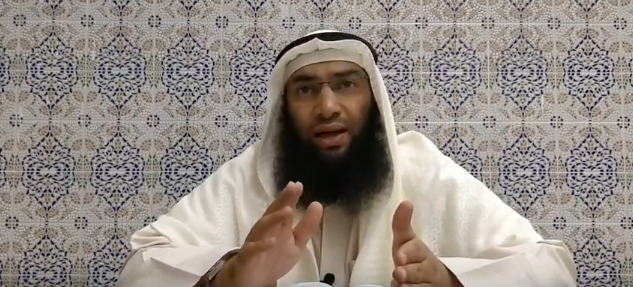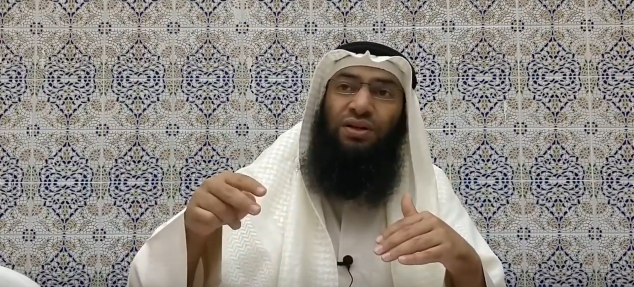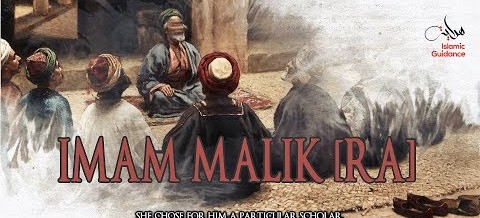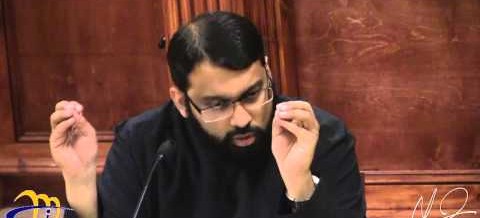
Fiqh of Family - Divorce - Part VI
In this lecture Sh. Ahmed AlRumh talks on the topic of Rulings on Divorce in Islam -06.

In this lecture Sh. Ahmed AlRumh talks on the topic of Rulings on Divorce in Islam -06.

In this lecture Sh. Ahmed AlRumh talks on the topic of Rulings on Divorce in Islam -05.

In this lecture Sh. Ahmed AlRumh talks on the topic of Rulings on Divorce in Islam -04.

In this lecture Sh. Ahmed AlRumh talks on the topic of Rulings on Divorce in Islam -03.

In this lecture Sh. Ahmed AlRumh talks on the topic of Rulings on Divorce in Islam -02.

In this lecture Sh. Ahmed AlRumh talks on the topic of Rulings on Divorce in Islam -01.

In this episode, Sh. Ahmed AlRumh explains how to deal with a disobedient wife in Islam.

In this episode, Sh. Ahmed AlRumh explains The etiquettes of the new born baby and some advices to the parents – 02.

In this episode, Sh. Ahmed AlRumh explains The etiquettes of the new born baby and some advices to the parents – 01.

In this episode, Sh. Ahmed AlRumh explains The etiquettes of the new born baby and some advices to the parents.

In this episode, Sh. Ahmed AlRumh explains the rules of polygamy , the reasons for legislating it, the dangers of ignoring it and its position in Islam.

This video deals with the rules and Manners of Traveling and Etiquettes of traveling in Islam by Shaykh Ahmed AlRumh – 02.

This video deals with the rules and Manners of Traveling and Etiquettes of traveling in Islam by Shaykh Ahmed AlRumh – 01.

The lives and works of the four imams who founded the four great canonical schools of thoughts of Islamic fiqh.

In some greeting situations people bow to each other by lowering their heads or chests. But Muslims are not permitted to bow to each other or to non-Muslims. As it is a greeting of worship that is only offered to God.

The majority of scholars view that it is not permissible for Muslim men and women to shake hands if they are not related to each other. The other view permits shaking hands with elderly women if there is no temptation.

The lives and works of the four imams who founded the four great canonical schools of thoughts of Islamic fiqh.

Of the unique actions of worship that Allah (subḥānahu wa ta'āla) has blessed us with in exclusion of all previous Ummahs before us is the ritual of Wudu (ablution).

In Arabic, the word Tayammum literally means an 'aim' or 'purpose.' In Islamic Law, it refers to: 'Aiming for or seeking soil to wipe one's face and hands with the intention of purification and preparing oneself to pray, and so on."

The lives of the four great Imams, Hanafi, Maliki, Shafi'I and Hanbali.